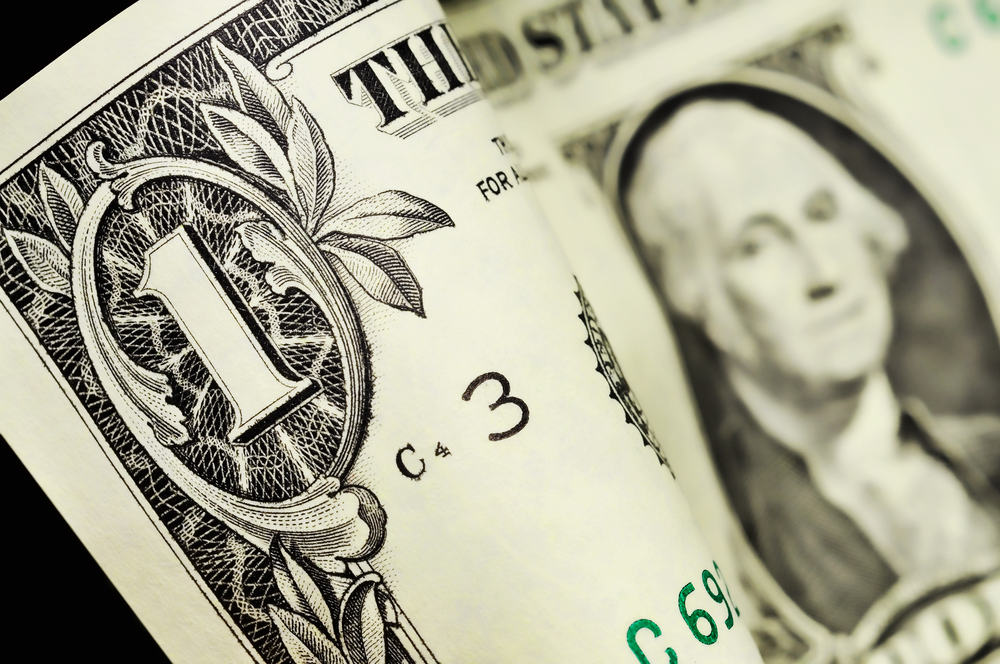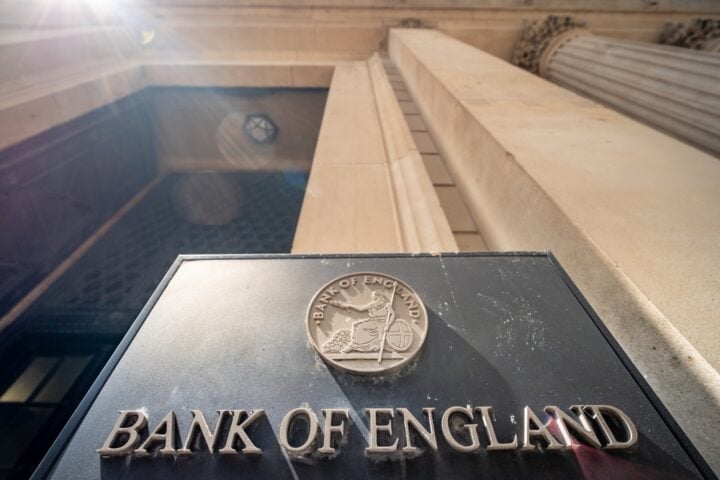The U.S. dollar edged up from near its 11-week low on Wednesday, bolstered by a rebound in U.S. Treasury yields following recent declines. The rise came amid ongoing concerns over weak economic data and uncertainty surrounding the implementation of new U.S. tariffs, which have heightened market volatility.
Impact of Tariff Uncertainty on Dollar and Yields
Investor concerns over U.S. economic deceleration and policy uncertainties have driven demand for safe-haven assets, particularly U.S. Treasury bonds. However, the U.S. dollar rebounded as the 2-year U.S. Treasury yield increased by 2 basis points to 4.1168% on Wednesday, recovering from a low of 4.074% on Tuesday, the lowest since November 1.
Thierry Wizman, global forex and rates strategist at Macquarie, noted, “Headlines about tariffs, as opposed to tariffs themselves, raise policy uncertainty, which can delay business undertakings, and thus be disinflationary.” He added that this situation puts the Federal Reserve in a difficult position as it must balance disinflationary pressures from policy uncertainty with inflation risks from potential future tariffs.
U.S. Dollar Index and Global Currency Movements
The U.S. dollar index, which measures the currency against six major rivals, rose by 0.15% to 106.41, recovering from this week’s low of 106.12, the weakest level since December 10. The dollar also gained 0.2% against the yen, reaching 149.32 yen after rebounding from Tuesday’s low of 148.56 yen, its weakest since October 11.
The euro fell 0.1% to $1.0501 after reaching a high of $1.0528 on Monday, influenced by ongoing discussions within the European Central Bank (ECB) about the future direction of interest rates. ECB board member Isabel Schnabel indicated that the current 2.75% rate might not be restrictive enough, contributing to euro volatility.
Tariff Tensions Affecting Canadian and Mexican Currencies
Uncertainty over new U.S. tariffs on Canadian and Mexican imports has impacted both the Canadian dollar and the Mexican peso. President Donald Trump confirmed that duties against Canada and Mexico would proceed as scheduled from March 4.
The Canadian dollar fell to a two-week low, with the U.S. dollar rising to C$1.433, the strongest level since February 12. However, Canadian minister Francois-Philippe Champagne stated that discussions would continue to convince Trump that Canada has addressed U.S. border security concerns.
Meanwhile, the Mexican peso remained relatively stable at 20.4464 pesos per U.S. dollar. Mexican President Claudia Sheinbaum expressed optimism about reaching an agreement to avoid a trade conflict with the U.S.
Market Reactions: Global Currencies
The Australian dollar fell 0.2% to $0.6328 following data indicating a slowdown in consumer price growth in January, suggesting easing inflation pressures. The softer inflation outlook may influence the Reserve Bank of Australia’s future monetary policy decisions.
Navigating Volatility Amid Policy Uncertainty
The U.S. dollar’s rebound and Treasury yield recovery reflect heightened market volatility driven by economic deceleration concerns and uncertainty over U.S. tariff policies. As the Federal Reserve navigates a complex policy environment, global currency markets remain sensitive to trade tensions and geopolitical developments.
With upcoming tariff decisions and ongoing economic challenges, investors are likely to remain cautious, keeping a close watch on central bank policies and geopolitical headlines. The coming weeks will be pivotal in determining the direction of the U.S. dollar and global currency markets.







